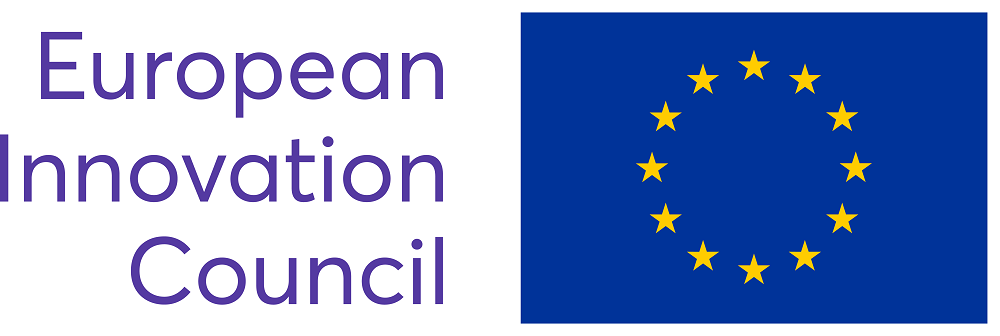News
X-PAND: a new multi-centric project on gene therapy
Ospedale San Raffaele announces the launch of the four-year international, multi-centric project X-PAND (GA 101070950), funded with approximately 4 million euros by the European Union under the Horizon Europe – European Innovation Council program. The ambitious goal of the project is to exploit innovative hematopoietic stem cell manipulation protocols in combination with a deep multiomics profiling to bring novel, efficient and safer hematopoietic stem cell gene therapies to clinical application.
The X-PAND consortium


European Innovation Council
The X-PAND consortium is coordinated by Luigi Naldini, director of the San Raffaele-Telethon Institute for Gene Therapy in Milan (SR-Tiget) and by Bernhard Gentner, Associate Professor at the University of Lausanne and group leader at SR-Tiget. The project sees also the scientific contribution of Raffaella Di Micco, SR-Tiget Group Leader.
The other international partners of the consortium are the University of Navarra (Pamplona, Spain), the University Hospital Freiburg (Germany), The energy, environmental and technological research centre of Moncloa (Madrid, Spain), the Public Foundation Miguel Servet (Pamplona, Spain) and the Lausanne University Hospital (Switzerland).
The project’s rationale
Hematopoietic stem cells, cells that are able to generate all blood lineages while retaining a high self-renewal potential, are the fundamental active ingredient of many cell therapies. Due to their features, they also represent an effective tool for cell and gene therapy approaches for the treatment of different pathologies, including genetic diseases directly affecting hematopoiesis and immunity, systemic disorders and cancer. Hematopoietic stem cell-based gene therapy medicinal products have been proved successful in curing severe genetic diseases: this includes for example the case of Strimvelis - for the treatment of ADA-SCID - and of Libmeldy - for metachromatic leukodystrophy, both developed at SR-Tiget.
However, a consistent bottleneck of the gene therapy field lies in the development of protocols for ex vivo hematopoietic stem cell expansion and effective genetic manipulation that do not compromise their stemness. The unpredictable effects of cell manipulation are made even more challenging by the elusiveness of hematopoietic stem cells that can be detected only retrospectively as result of time-consuming transplantation experiments. Thus, unveiling genetic and biological identity of these cells would lead to a technological breakthrough in their manipulation in culture with extraordinary improvements for their therapeutic exploitation.
A multidisciplinary team
Focused on this rationale, the X-PAND consortium brings together a multidisciplinary team of scientists with a wide expertise in gene transfer and in vitro stem cell editing, stem cell characterization and expansion technologies, multiomic data analysis and clinical translation in the field of monogenic diseases and cancer. This integrated view will enable the "big leap" in correcting defective genes and delivering new therapeutic functions to haematopoietic stem cells effectively and safely thus leading to improved clinical applications.
